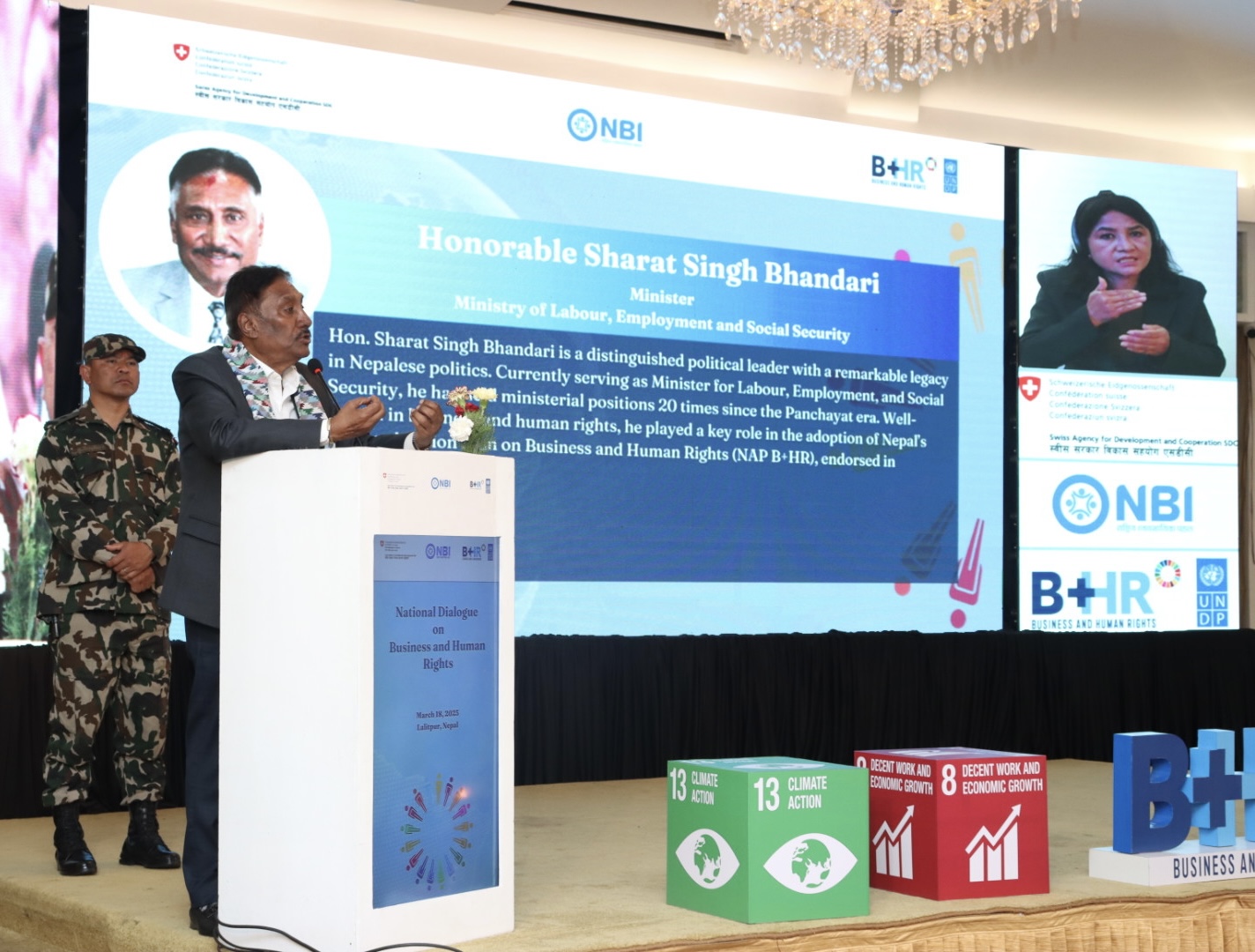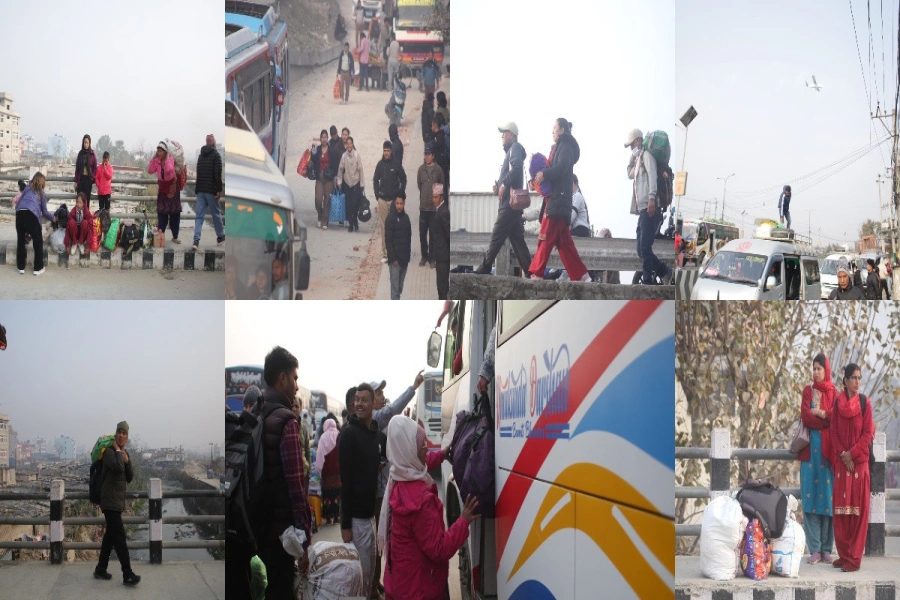The Nepal Army Colonel has been charged with intentionally inflicting severe pain or suffering on individuals in two separate incidents during the period of the Nepali Civil War.[break]
Today, as I write this, Colonel Lama is under police custody, perhaps trying to fathom what has happened and how it all happened.
He must’ve realized by now that the age of human rights has hit him, and hit him hard at that.
However, I’m of the feeling that this much commercialized human rights have become a mere tool that serves as the best justification for any wrong, and a term the meaning of which has been violated to the core.
Taking Colonel Kumar Lama under custody in the UK on charges of torture is a wasted endeavor. The way I see it, Colonel Lama should in no way be held accountable and put in a position that charges him with such disparaging claims, that too in a foreign land.
In defense of human rights, and pursuant to its spirit under international criminal law, we should indeed respect human rights. Additionally, as per British law, suspects are eligible to face trial before a British court even if their alleged offences had nothing to do with the UK. The BBC reports that Colonel Lama has been arrested “under Section 134 of the Criminal Justice Act (1988 of the UK), a law that defines torture as a ‘universal jurisdiction’ crime.”
But the thing to question, besides the jurisdiction of our national sovereignty, is if Colonel Lama should even be considered a suspect, if at all a criminal. In a country that is, at the moment, divided between supporters of Colonel Lama’s arrest and those who bemoan it, I firmly stand among the latter.
Hear me out first before you take me for a human rights-hating human.
First of all, who are these human rights for? And what kind of human rights are we talking about here? In a country where a child has no idea that it’s against his or her child rights for him or her to be working, in a country where a girl child is killed while still in the mother’s womb all for the fact that she’s a girl, where a rapist can run loose without any fear of repercussions, don’t you think our calls for human rights are a little misplaced?
These cases are what would qualify as human rights violations and yet our human rights bodies have failed to make a difference in most of our Nepali lives. Instead of making an issue out of Colonel Lama’s case and arguing for human rights, wouldn’t it be better to tackle the works that are already cut out for them?
Like Rajendra Thapa has written in Kantipur, the human rights bodies located in Nepal seem to be failing to understand the Nepali society and instead seem to be looking on Nepal through a “Belayati Chasma.”
If they truly understood our society, then they would understand that we’re trying to develop at our own pace. We’re working to establishing our country, anew and afresh. For this we seek time.

Sworup Nhasuu
In time, a Truth and Reconciliation Commission may take form. In time, justice will be sought for we realize too well that sustainable peace without justice won’t be possible. In time, we’ll achieve development at our own pace. And in all this, foreign bodies trying to rush our transition might not be the best move.
We’ve already seen that sometimes, foreign support can prove to be shaky and it defeats the purpose of its presence in the host countries. Echoing such sentiments, RajendraThapa, in the same article in Kantipur, questions if foreign intervention has turned out favorably in places like Iraq, Afghanistan, Yugoslavia, and Eastern Europe. Additionally, Afghan President Hamid Karzai expresses his discontent with the US and NATO forces. The NBC News network quotes the President claiming that he “blames American and NATO forces for some of the growing insecurity in his country.”
I don’t want to see Nepal walk down a similar path. Like the Nepal Government claims, the case of Colonel Lama is something that should be entrusted to the Nepali legal and justice system.
The writer is student of Political Science at Thammasat University.
Desperate search for missing girls as nearly 80 dead in Texas f...






-1200x560-1772467693.webp)






_20221219135433.jpg)























